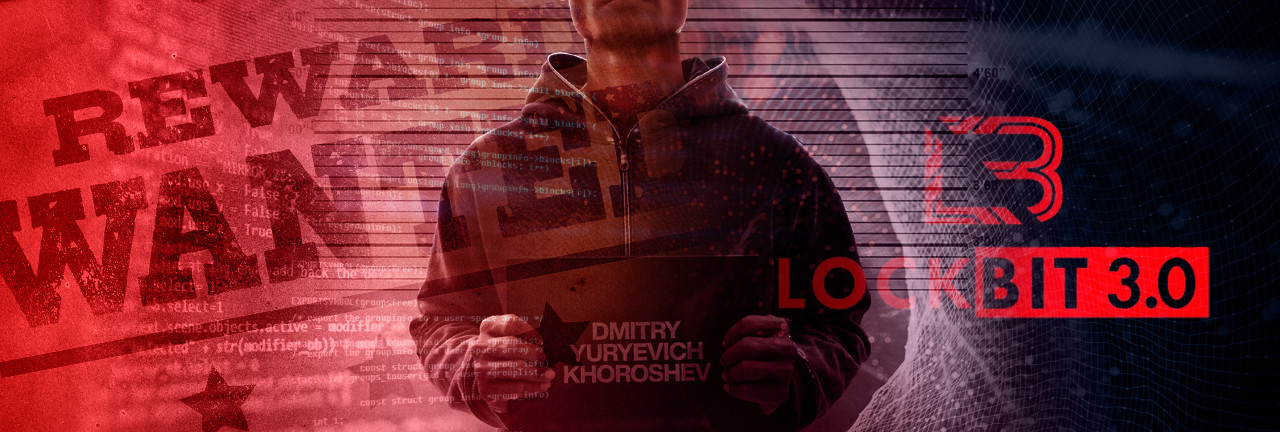Although digital transformation amongst Legal firms has typically been comparatively slow compared to other sectors, the journey has picked up speed over the course of the last decade.
Although the sector as a whole has traditionally been comparatively wary of the ever-increasing pace of technology, legal services are increasingly data driven, with an abundance of AI-related discussion emerging within legal technology circles. The core Document Management Systems (DMS) and Practice Management Systems (PMS) remain the centre of focus for how and where to deploy a variety of rapidly maturing SaaS platforms, or dedicated, highly customised suites.
The UK government has proposed extending its ban on ransomware payments to cover the entire public sector in an attempt to deter cybercriminal attacks and protect taxpayers.
A UK firm has been hit by a £3.07 million fine after being hit by a ransomware attack that exposed sensitive data related to almost 80,000 people, and disrupted NHS services.
Secure Access Service Edge (SASE) is rapidly establishing itself as the solution of choice for the next generation of enterprise networks, where optimal control, visibility, and scalability are essential. In the first quarter of 2024 alone, the SASE market experienced a 23% surge, as more and more organisations began taking advantage of its capabilities.
Stoli Group USA, the US subsidiary of vodka maker Stoli, has filed for bankruptcy – and a ransomware attack is at least partly to blame.
The American branch of Stoli, which imports and distributes Stoli brands in the United States, as well as the Kentucky Owl bourbon brand it purchased in 2017, was hit by a ransomware attack in August 2024.
Despite the numerous interconnected elements now involved in effective digital transformation, the network remains the foundation of everything, ensuring any investment in new technologies delivers the best possible ROI, and that teams at all levels are empowered to deliver their very best, 24 / 7. As such, the digital transformation journey must always begin with a full network transformation.
Although the rise in money criminals have generated through ransomware has risen by what may appear to be a small percentage amount (approximately 2% from US $449.1 million to US $459.8 million), this is in spite of disruption caused to ransomware-as-a-service operations such as LockBit and ALPHV/BlackCat by law enforcement agencies.
The figures for the first half of 2024 include the US $75 million reportedly paid to the Dark Angels ransomware gang by an undisclosed Fortune 50 company, in what was believed to be the largest ever single ransom payment made since records began.
The ballooning size of maximum ransom payments represents a 96% year-on-year growth from 2023, and a 335% increase from the maximum payment made in 2022.
Chainalysis's research reveals that the median ransom payment made in response to the most severe ransomware has rocketed from just under US $200,000 in early 2023 to US $1.5 million by mid-June 2024.
The researchers believe that this 7.9x increase in the typical size of ransom payment (a nearly 1200x rise since the start of 2021) suggests that larger businesses and critical infrastructure providers considered more likely to agree to make higher payments due to their greater access to funds and the more significant impact of downtime.
Against this backdrop, the study claims that ransomware victims are giving in to extortion demands less often. As it explains:
Posts to ransomware leak sites as a measure of ransomware incidents have increased YoY by 10%, something we would expect to see if more victims were being compromised. However, total ransomware payment events as measured on-chain have declined YoY by 27.29%. Reading these two trends in tandem suggests that while attacks might be up so far this year, payment rates are down YoY. This is a positive sign for the ecosystem signalling that perhaps victims are better prepared, negating the need to pay.
In short, ensuring that your organisation had prepared to respond to a ransomware attack is essential.
Many organisations underestimate the importance of having a robust incident response plan. But knowing how to respond, especially in those critical first 48 hours after a cyber attack, can be critical.
Do you worry your company won't know how to recover after a cyber attack? Has your business just been hit by ransomware and you're wondering what to do?
There's still hope.
Don't make the mistake of believing that your organisation will never be targeted. The right approach is to take proactive measures in advance - as it's not a case of whether your business will suffer the likes of a ransomware attack but when.
Make sure to read Exponential-e's step-by-step guide on ransomware remediation.
What's happened?
Recorded Future has reports that the British Government is proposing sweeping change in its approach to ransomware attacks.
Do you know Dmitry Yuryevich Khoroshev?
If you do, there's a chance that you might well on the way to receiving a reward of up to $10 million.
Law enforcement agencies across the US, UK, and Australia have named Dmitry Yuryevich Khoroshev as the mastermind behind the notorious LockBit ransomware group, estimated to have extorted $500 million from companies worldwide.
To Test or Not to Test? - When it comes to IT disaster recovery and remediation processes, regular testing is not a 'nice to have' - it's absolutely essential!
This isn't hyperbole on my part. You just have to look at the news on any given day. We've all heard the horror stories of organisations in both the public and private sectors experiencing prolonged downtime during disasters due to inadequate preparation, lack of testing, and the unsuitability of their legacy remediation processes and systems.
The international hotel chain Omni Hotels & Resorts has confirmed that a cyberattack last month saw it shut down its systems, with hackers stealing personal information about its customers.
In the aftermath of the attack, hotel guests reported that they had been forced to check in on paper, that room keys didn't work, and all phone systems and Wi-Fi were offline.





















